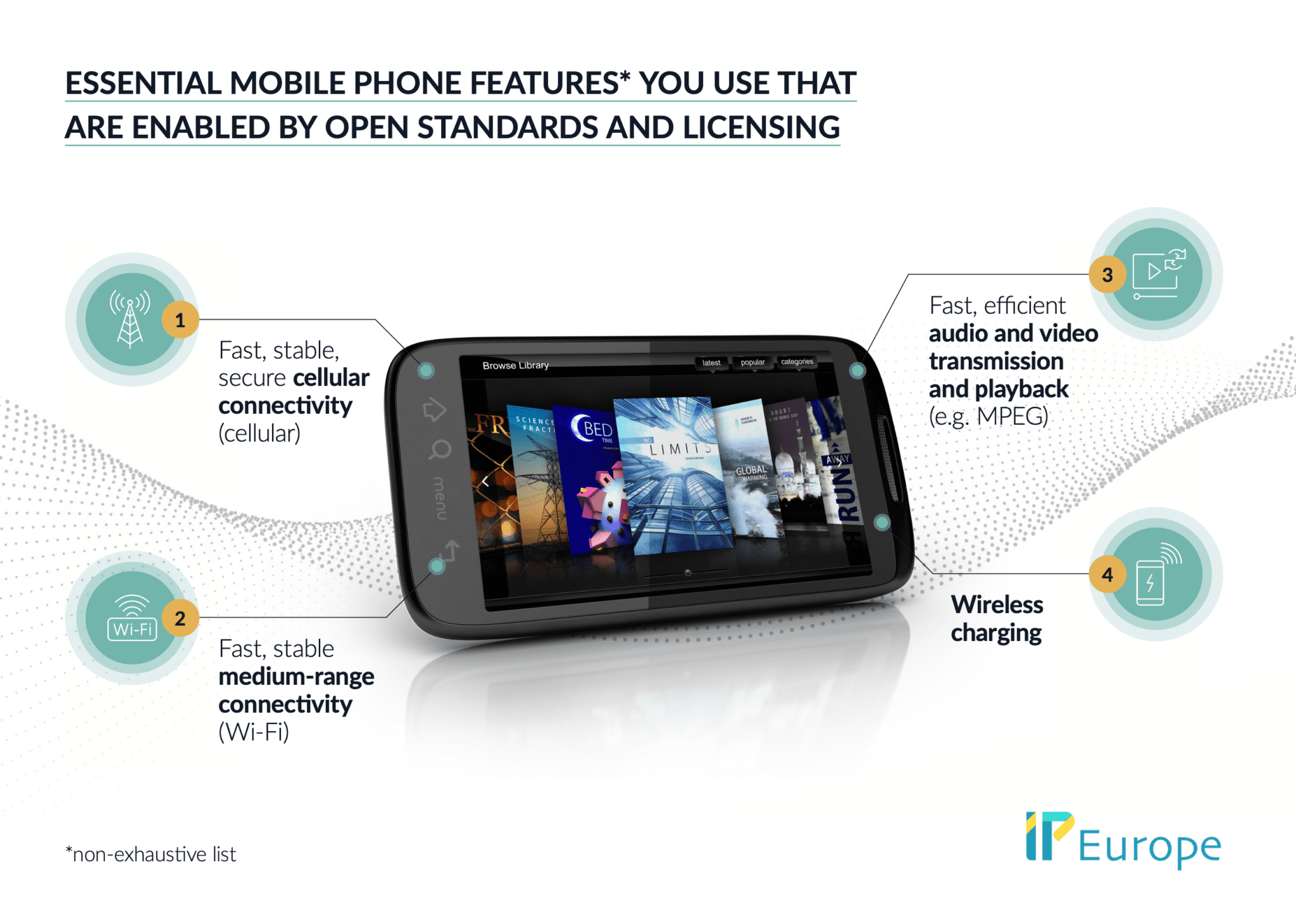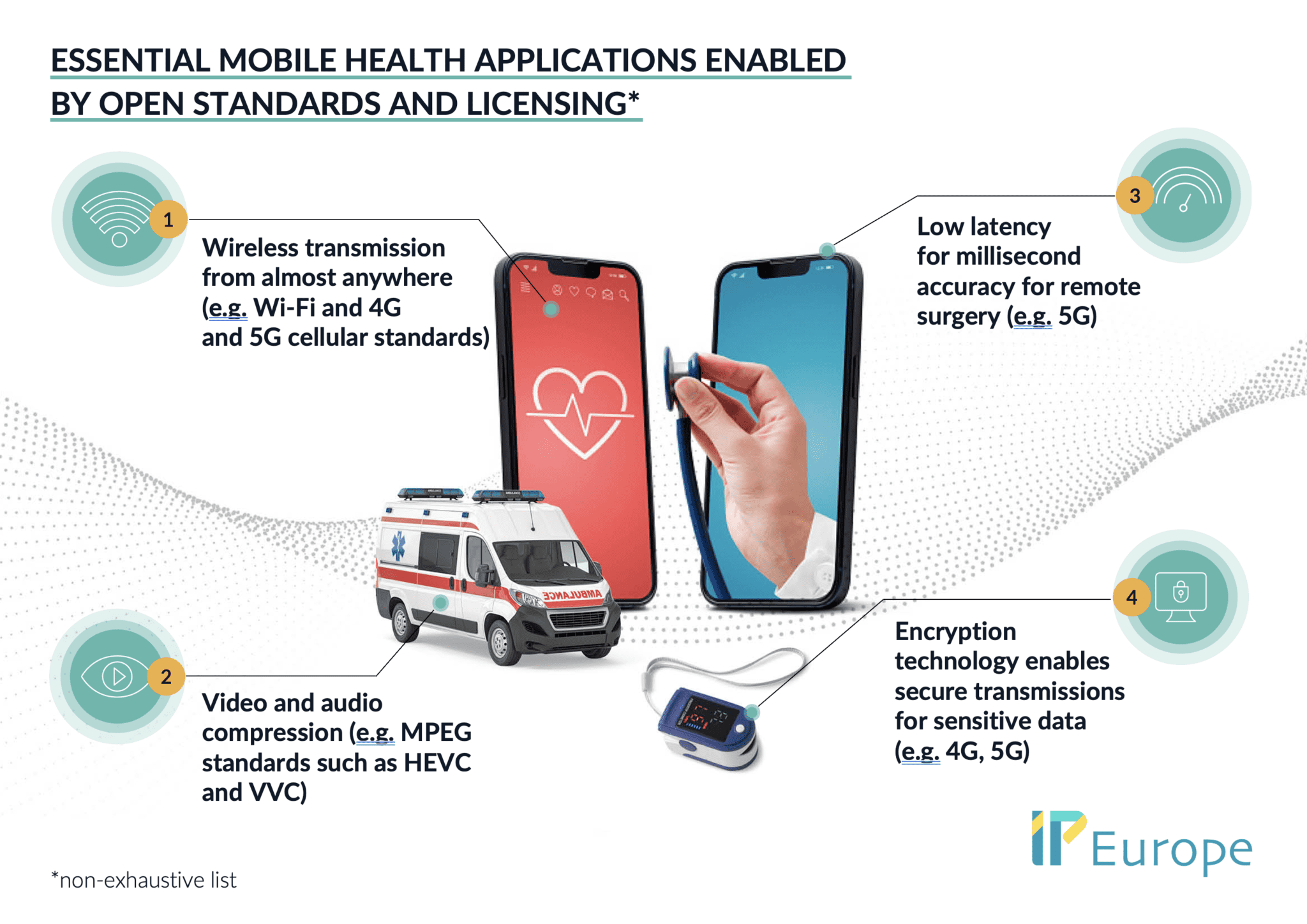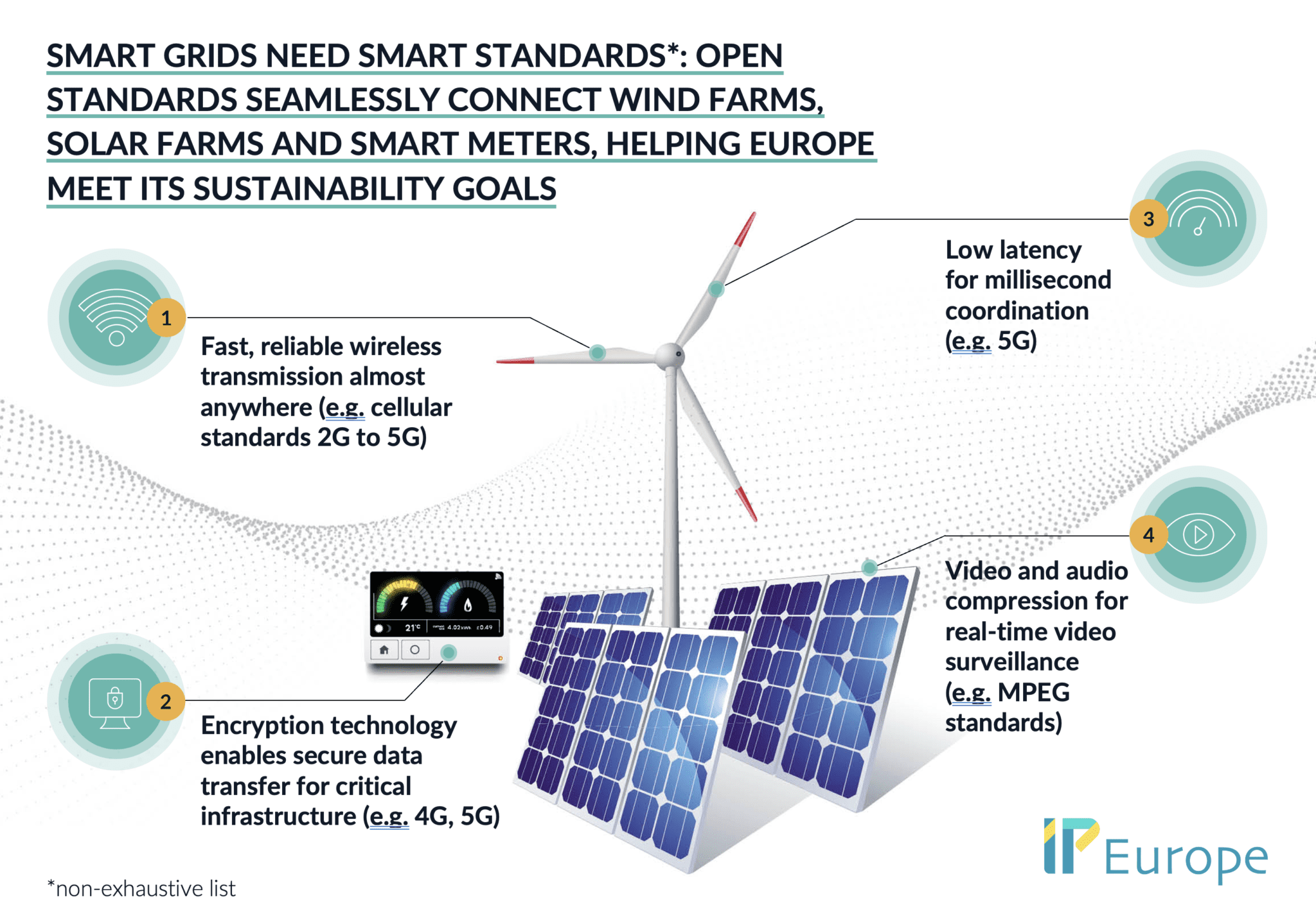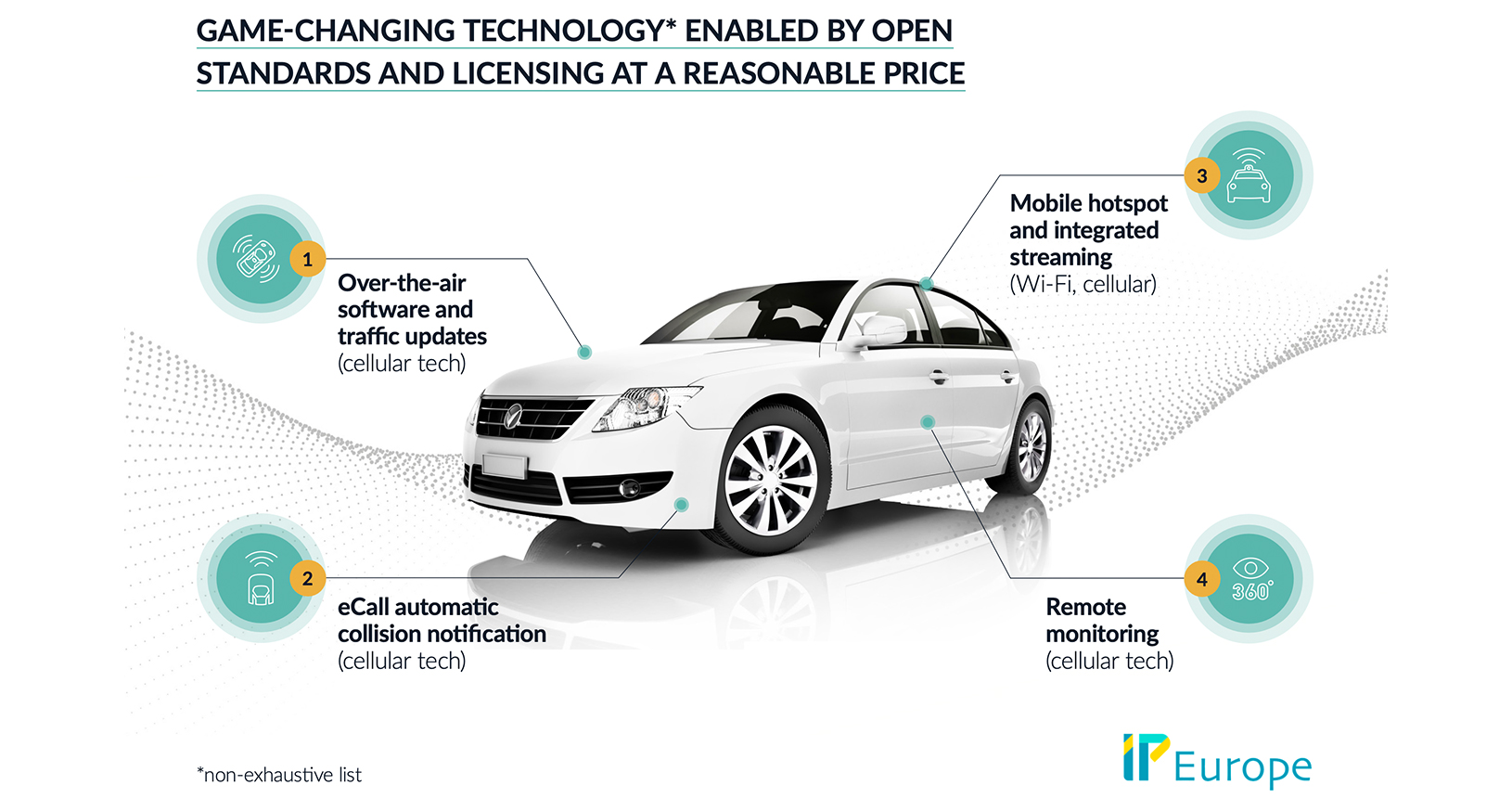Why Europe needs to rethink it
It would not achieve its stated objectives.
IP Europe supports the Commission’s stated objectives of greater transparency, balance and efficiency in the SEP licensing ecosystem. Unfortunately, it will not achieve the Commission's objectives. Worse, it will have the unintended consequences of harming technology innovators and SMEs and damaging the EU's leadership in the development of vital global technologies. To learn more, please click here.
It would increase licensing costs for SMEs, not help them innovate.
They would be overwhelmed with ongoing additional costs and time management obligations to ensure compliance with highly technical information and complex processes. SMEs would be disincentivised to contribute to open standards development in Europe. To explore this further click here.
It ignores market realities.
It exaggerates the impact and risk of patent litigation, overlooks the thorough and thoughtful recommendations of the Commission’s own Joint Research Centre and other departments, and ignores much of the findings of its own studies. There is no conclusive empirical evidence to justify the proposed regulation. For more information, click here.
It would be detrimental to European interests.
The proposal would undermine the EU’s competitiveness and technology sovereignty, increasing wider societal costs, increasing licensing delays and encouraging other jurisdictions to take the lead in developing technology standards. None of these were considered in the impact assessment. Learn more here.
It would disadvantage all firms holding European patents.
A large part of the costs would be borne by Europeans, yet the measures impact all licensors and licensees of EU SEPs wherever they may be based, attaching disadvantages to EU SEPs relative to other national patents worldwide. Learn more here.
It would undermine European national courts and the Unified Patent Court.
The Commission proposal would replace competent courts with a new “Competence” Centre at the EUIPO, which is an expert in trademarks and designs but has no competence or experience in the complexities of standard-essential patenting or FRAND licensing valuation. It would deprive EU courts of their deeply competent role in providing legal guidance on SEP licensing. The head of the new UPC urges the EU to reconsider its SEP plan: Read his statement here.
It would undermine European leadership in global standards development (including for 5G and 6G).
In the run-up to the Parliament's vote on the proposed SEPs regulation, IP Europe described the Commission's SEPs proposal as an economic and legal danger zone. The coalition expressed deep concerns, highlighted potential pitfalls and urged the Parliament to reconsider the proposal's economic and legal implications. Learn more here.
Our position paper
Our position paper summarises our many criticisms of the European Commission’s proposal and explains why it is hard to fix it. We argue that if implemented unchanged, the proposal could undermine incentives for open standards and vital technology development, adversely impacting European technology leaders including SMEs. We also warn of the potential damage to the EU's global technological leadership and overall strategic autonomy and question the proposal's legal basis. We urge EU Member States to rethink the Commission's proposal. Read our full position paper.
You don’t have to believe us! Listen to them!
So many organisations and individuals have criticised the Commission’s SEPs proposal that we needed to start keeping track of them. They include the Unified Patent Court, the European Patent Office, CEN-CENELEC, ETSI and EARTO. We update our Live Blog each time we spot something that we think more people need to read. These expert voices complement our own view that EU member states should reject the Commission proposal and Parliament's report. Click here to see what they’re saying.

How SEPs and open standards help you – and Europe
Cellular communications
Without cellular and other open standards, your smartphone would be little more than an expensive music player and digital camera. It’s thanks to 4G, 5G and Wi-Fi standards not invented by the major smartphone manufacturers that your mobile phone is a phone. Read more.

Health care
5G technology has the potential to revolutionise the way the service is provided and create a new healthcare ecosystem. Indeed, health care is set to be one of the biggest beneficiaries of the deployment of 5G. With its massive capacity and faster data rates, 5G could prove valuable in telehealth, remote surgery, transferring large medical files, real time monitoring through wearable devices and in the delivering of continual treatment information and support to patients. Read more.

Sustainability
Fast cellular connectivity will play an essential role in greening the economy. 4G and 5G cellular standards are already becoming a basic digital infrastructure for green technologies such as smart meters and even smart cities. Smart technology, connected by 5G/6G, can reduce energy consumption by responding to changes in demand faster and more efficiently. But saving energy is only part of the game. Cellular technologies can also help produce green energy. Click to learn how.

Connected mobility
Connected mobility standards in modern automobiles offer both automakers and consumers big rewards—but those rewards are not evenly distributed. How much of the price people pay for those connected mobility services goes to standards developers, and how much to vehicle manufacturers? Read our blog post to find out.

